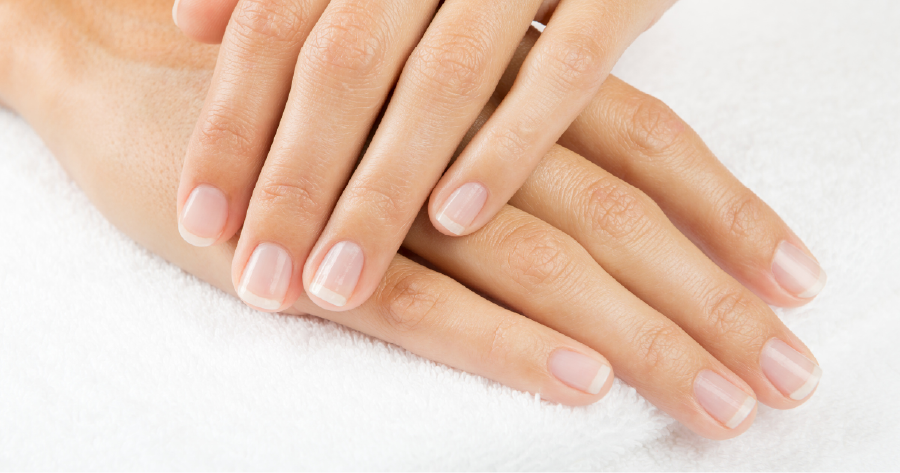What Your Fingernails Reveal About Kidney Health

Did you know that your fingernails can act as tiny health indicators? They don’t just serve as an aesthetic feature of your hands, they can also provide clues about what’s happening inside your body, especially when it comes to your kidneys. Changes in nail color, texture, or strength may signal underlying kidney issues you might not even be aware of.
Let’s dive into the fascinating connection between your fingernails and kidney health, and explore what to watch out for!
The Connection Between Kidneys and Fingernails
Your kidneys play a vital role in filtering toxins, maintaining fluid balance, and regulating essential nutrients in your body. When kidney function declines, it can lead to imbalances that affect other parts of your body, including your nails.
Nail changes may occur due to nutrient deficiencies, toxin buildup, or circulatory issues caused by kidney dysfunction. Recognizing these changes early could help you identify possible kidney health concerns sooner rather than later.
What Your Nails Are Telling You
Here are some common nail changes that could hint at kidney health issues:
1. Pale Nails
Unusually pale nails could signal anemia, often linked to chronic kidney issues. This happens when kidneys fail to produce enough erythropoietin, a hormone essential for red blood cell production.
2. Half-and-Half Nails
A striking sign of kidney issues is the appearance of “half-and-half nails,” where the bottom half of the nail is white or pale, while the top half is a darker shade of brown. This condition is often linked to advanced kidney problems.
3. Ridges or Lines
Horizontal ridges, also known as Beau’s lines, or vertical ridges may appear on the nails due to a disruption in nail growth. Kidney-related stress or illness may halt nail production temporarily, leading to these lines.
4. Weak Nails
Brittle, easily broken nails can be a symptom of mineral imbalances caused by kidney dysfunction. Kidneys that aren’t functioning properly may struggle to regulate levels of calcium, magnesium, and other nutrients essential for strong nails.
5. Yellow NailsYellowing of the nails may occur when waste products build up in the body due to reduced kidney function. While yellow nails can also result from fungal infections, they are sometimes linked to systemic issues like kidney disease.
What Causes These Changes?
Nail changes linked to kidney health typically stem from:
- Toxin buildup: Impaired kidneys can’t filter toxins effectively, leading to visible changes in nails.
- Nutrient imbalances: Poor kidney function affects levels of essential minerals like calcium, phosphorus, and iron.
- Circulatory problems: Reduced blood flow caused by kidney issues can impact nail growth and appearance.
- Chronic conditions: Conditions like anemia or diabetes, often associated with kidney issues, may also affect nail health.
If you notice persistent or significant changes in your nails, especially if accompanied by other symptoms like fatigue, swelling, or changes in urination, it’s worth consulting a healthcare professional. Early detection of kidney disease can make a big difference in treatment outcomes.
- * All research and clinical data should be used as reference purposes only, results may vary.




